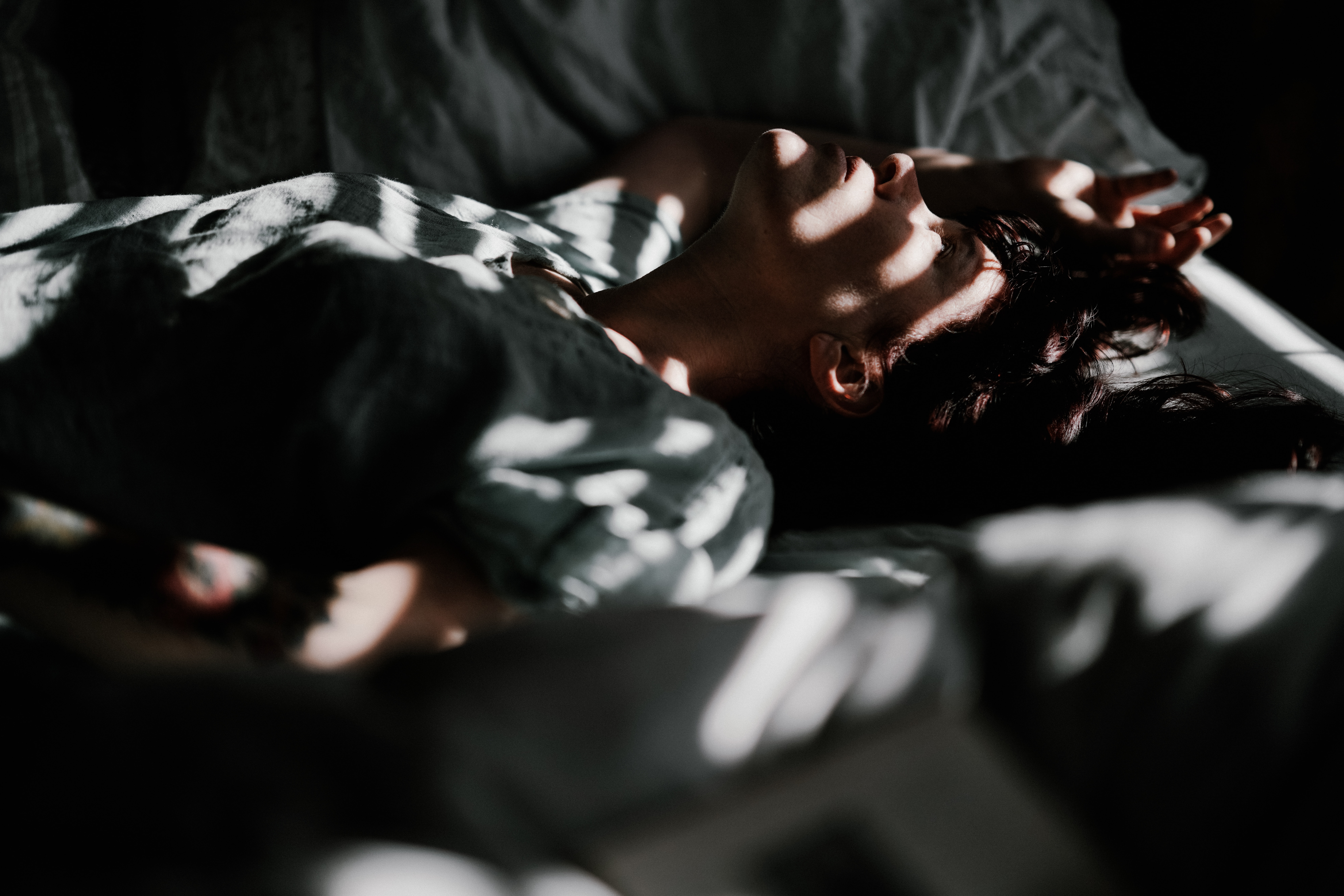Tackling Nighttime Itching During Menopause: Solutions for Comfort
Menopause is a natural transition in a woman’s life, often characterized by symptoms like hot flashes. However, another symptom that doesn’t get as much attention but can be quite distressing is nighttime itching. Picture this: You’re cozily tucked into bed, drifting off to sleep, when an overwhelming urge to scratch disrupts your peaceful slumber. What causes this itching, and how can one find relief?
Understanding the Itch in Menopause
The root of menopausal itching, especially pronounced during the night, lies in the declining levels of estrogen. Estrogen plays a crucial role in keeping our skin moisturized. As its levels taper off during menopause, the skin tends to lose moisture, leading to dryness and, consequently, itching. Additionally, this hormonal shift can cause the skin to thin out and become more fragile. This newfound sensitivity, combined with changes in the skin’s pH levels, can exacerbate the itching sensation.
Finding Relief from the Midnight Itch
A regular moisturizing routine can be a savior. Opt for moisturizers that are hypoallergenic and free from fragrances. Ingredients like ceramides or hyaluronic acid can offer deep hydration. It’s particularly effective to apply these right after a shower, taking advantage of the skin’s dampness to lock in maximum moisture.
Another essential aspect is the environment you sleep in. A cooler bedroom can make a world of difference. It’s not just about adjusting the thermostat; think about the fabrics you’re surrounding yourself with. Breathable cotton sheets and nightwear can keep the skin cooler and reduce the urge to scratch.
For those who find the itching particularly bothersome, a short, lukewarm bath before bed with colloidal oatmeal can provide relief. Similarly, over-the-counter remedies, like calamine lotion or hydrocortisone cream, can be beneficial. However, always consult with a healthcare provider before starting any topical treatments.
While nighttime itching during menopause can be a challenge, understanding its causes and taking proactive steps can make nighttime more restful. With the right approach and small changes in skincare and sleeping environment, one can navigate this itching conundrum and ensure sound, itch-free sleep.
